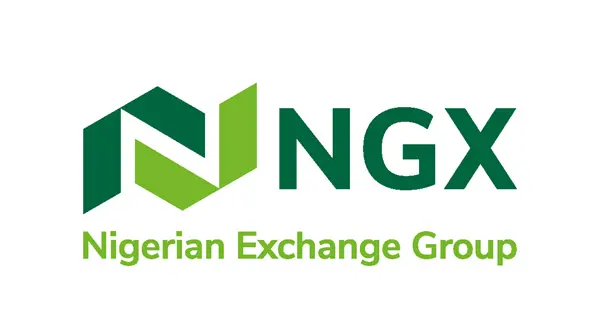Shareholders investment value in 2021, nosedived by about N751.6million as some listed equities paid the aforementioned amount to the Nigerian Exchange(NGX) over regulatory infraction, LEADERSHIP checks has revealed.
This payment, however, depleted the profit of the concerned companies, hence, are either unable to declare meaningful dividend to shareholders or fail to even declare any dividend in the last financial year.
Hence, some of the affected companies failed to give commensurate value on shareholders’ investment.
The N751.6 million monetary sanction was on default filling from companies. The consistency of default filling over the years, findings show, over the years, had led to shareholders’ investment value depreciation as the fine could have been paid to shareholders as dividend.
All the quoted companies are required to comply with some rules and regulations, including strict adherence to high disclosure standards as prescribed in the NGX listing rules.
NGX listing requirement mandates listed companies to submit their quarterly financial statement, not later than one month after the last day of the quarter. It also mandates companies to submit their audited annual financial statements not later than three months after the last working day of the financial year.
Similarly, in the current year, the Nigerian Exchange (NGX) Limited, has imposed a total of N63.7 million in fines on Presco Plc and 10 others quoted companies that failed to file their financial statements as and when due.
Honeywell Flour Mill, Notore Chemical Industries, Union Bank of Nigeria, Veritas Kapital Assurance, Lasaco Assurance, Ardova, C&I Leasing Plc, among others.
The latest X-Compliance data from the NGX revealed that from January to June, 2022, the 11 companies were fined a total amount of N63.7 million due to late fillings of full year, 2021 and first quarter March 2022.
The Exchange, in its X-Compliance report, said that the initiative was designed to maintain market integrity and protect the investors by providing compliance-related information on all listed companies.
The report stated, “companies that are listed on the Exchange are required to adhere to high disclosure standards. Financial information, which is periodic disclosure and on-going material events disclosure, should be released to the Exchange in a timely manner to enable it efficiently perform its function of maintaining an orderly market.”
The NGX in an effort to achieve a world class capital market has reiterated its commitment to maintain zero tolerance posture on dealing member firms and quoted companies on violations of rules and regulations.
Capital market operators and shareholders said that late filing has the potential to adversely affect the capital market and shareholders who invested in those companies.
Managing director of HighCap Securities Limited, David Adonri said that late filing has the potential to adversely affect the market and their shareholders, saying that, stocks market is information driven. Adonri noted that violating listing rules should not be encouraged to enable investors take rightful investment decision.
The secretary of Independent Shareholders Association of Nigeria (ISAN), Moses Igbrude, said that the issue of penalties must be readdressed by market operators for confidence building.
A member of ISAN Moses Ogundeji, noted that, the failure of the companies to comply with the post-listing obligation is not excusable in view of the fact that the companies are not new to capital market standards. “They all have qualified personnel handling these functions, so why the perennial failure.
“To some investors, this is a red flag that something is amiss and that calls for caution. If the directors of the defaulting companies are made to pay the penalties, things might change,” he said.
The chief operating officer of InvestData Consulting, Ambrose Omordion, also a shareholder on the NGX said: “timely submission of financial results helps us to understand the true financial state of our company and the future of our investments. And for the market, publication of financial results enables the stakeholders to either invest more in the company or take the exit door where there is uncertainty in expected returns.”
He noted constant payment of fines affects companies’ profitability, which in turn erodes shareholders’ dividends.





